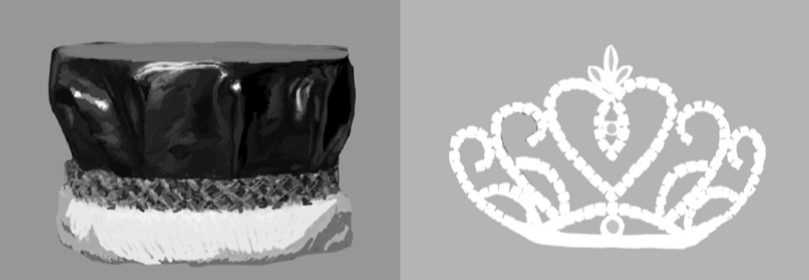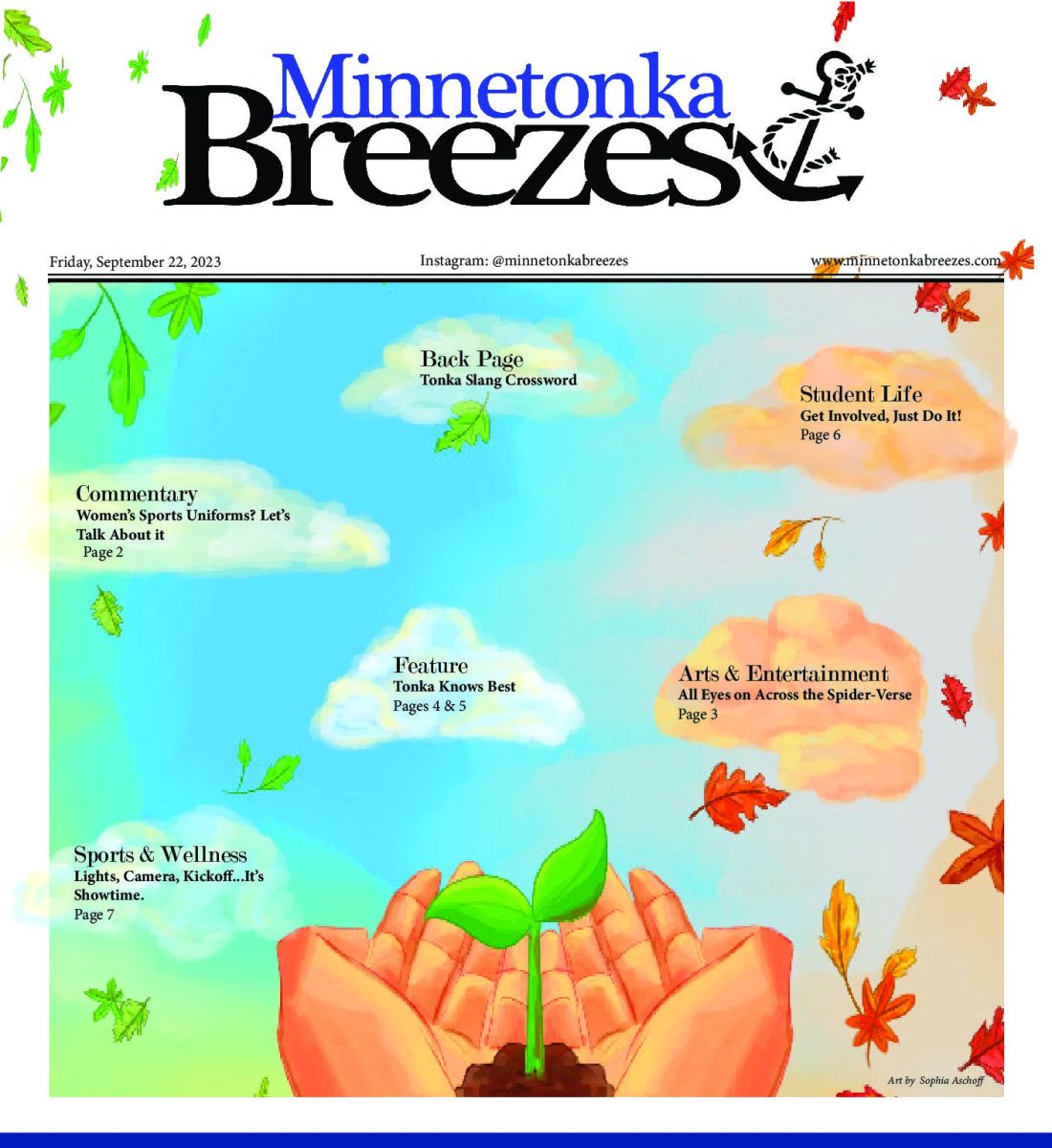Homecoming is upon us. An iconic American tradition, high schools around the country have been celebrating since the 1920s.
Watching teen movies and looking at old year- books, it seems homecoming hasn’t changed all that much. The tradition unifies the school and allows students to have lighthearted fun with their peers.
We’ve all seen the boisterous fraternity of the male pep rally hosts and football players, the precise and energetic routine of the girls’ dance team and cheerleaders, and the gendered titles of homecom- ing “-king-” and “-queen-”. These routines call back to a “simpler” time in American history.
Historically, homecoming has been tied to heterosexual dating culture, often forcing the king and queen to dance together and having dance goers play dating games.
Even the titles of “king” and “queen” imply a possibly romantic relationship between the two students. “It has been years since the homecoming king and queen have actually been involved with each other,” says Lillian Hochman, 25’.
Addtionally, the insinuation that the two students who best represent the school must be one male and one female allienates gender non-conforming students.
In 2023, it is difficult to claim that there are only kings and queens in the world. In reality, there exists a rainbow of potential royalty in our midst.
“It’s nice that there’s an opportunity to have people representing different sides of our community,” says Sophia Koenig, MHS 25’, “but that leaves out a whole other group of people that don’t identify as either a king or a queen.
“Since the 1990s, schools around the country have changed their homecoming titles to be gender neutral in the name of inclusivity.
Minneapolis, White Bear, Farmington, Brainerd, and many other Minnesota high schools have simplified the titles of “king” and “queen” to “Homecoming Royalty” for both students crowned. The title of “Court” is kept for the rest of the contenders. The University of Minnesota has also taken this step.
For now, Minnetonka High School maintains the gendered titles.
“When I reflect on homecoming I think about the positive ways I see our students come together to celebrate. If there are students who feel homecoming has a gendered feel to it and prefer it did not, I’d want to hear their thoughts,” says Principal Erickson.
Traditions help to create and maintain a community over time. However, when it comes time for that community to expand to include everyone, some traditions may change, making room for new ones to form.



































